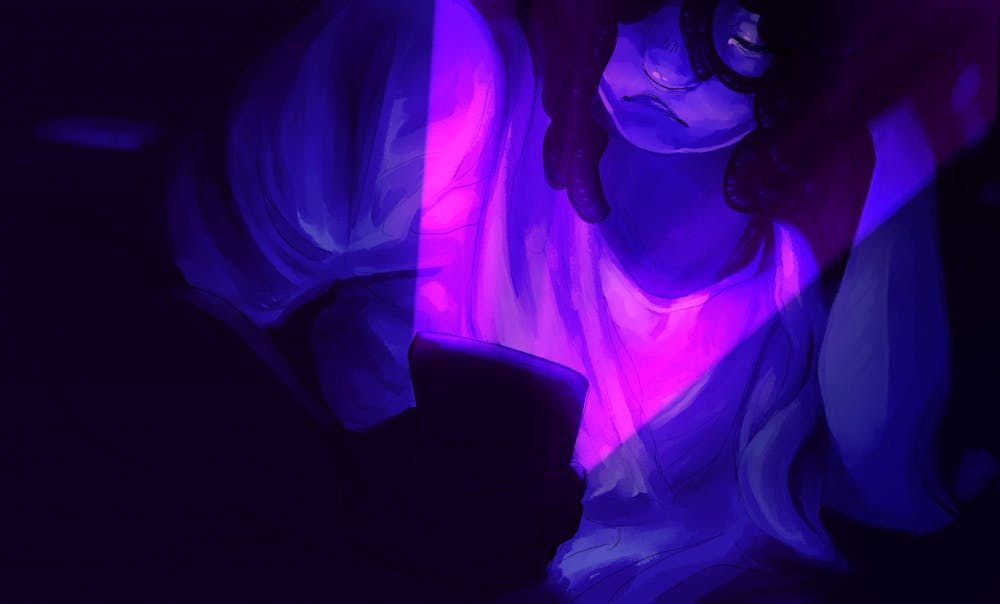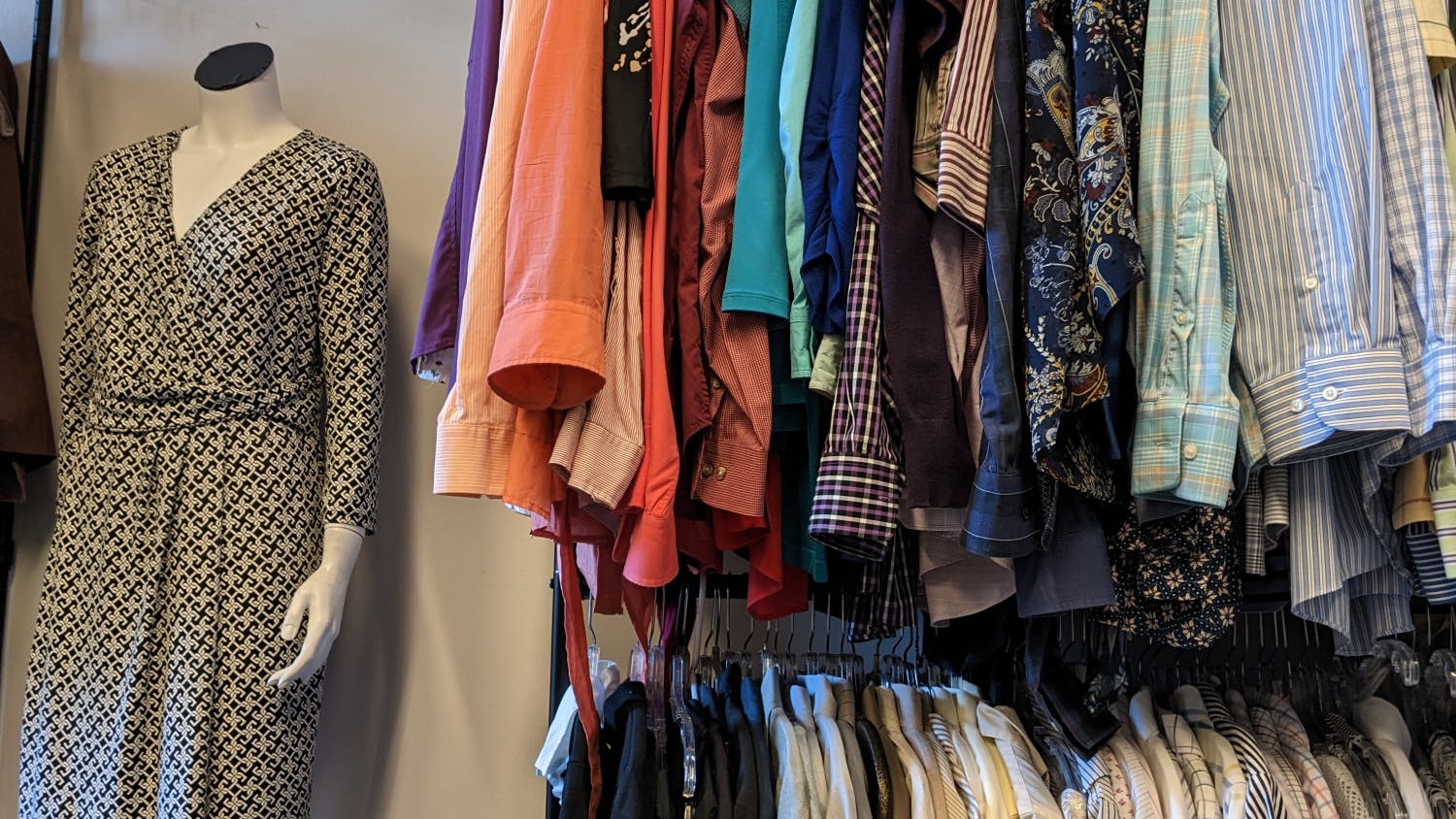You’ve just finished studying for a stressful exam, and you need to get to sleep for an early wake up the next morning. After preparing for bed, you check your phone. You later realize that you’ve just wasted an hour or two you could have spent sleeping by watching online videos and scrolling through social media.
“Lots of people fall asleep in front of intelligence,” said Dr. Don Berry, a sleep physician at PeaceHealth in Bellingham, Washington.
The stress of college work, and for some, the transition from high school to college, may lead to students using their phones as an easy way to unwind.
“The number of hours [sleeping] has just gone completely down the drain,” said Landen Ruben, a first-year student at Western Washington University. “It’s more just the workload and stress of everything.”
While working through homework and exams, Ruben uses his phone to try and keep a regular schedule, but he often ignores the reminders.
“I have some Google alerts set up just to get asleep by this time,” Ruben said. “But it does say like 80% of the time I ignore them.”
Phone usage before sleeping is something some students at Western struggle with. While there are certain ways technology can be used to benefit sleep, such as meditation apps, phones can also have a large negative impact on sleep.
“Phones and other devices are often backlit by a light that contains wavelengths within the short-wave spectrum, which we often associate as blue light,” Josh Kaplan, an associate professor of behavioral neuroscience at Western, wrote in an email. “[This light can] project back to a set of cells in our brain that controls our sleep/wake cycle.”
Blue light is a stimulant that affects the hypothalamus, a part of the brain that connects to the central nervous system and controls major body functions such as hunger, body temperature and sleep.
“This region of the hypothalamus is often referred to as our ‘master clock,’ and it regulates chemical release on a 24-daily cycle, such as releasing melatonin around bedtime which makes you feel tired,” Kaplan wrote in an email. “By staring at your phone before bed, you may be tricking your brain into thinking it’s daytime, which in turn reduces melatonin release and impairs sleep.”
Most modern phones and computers have a “night mode,” which floods the screen with warmer colors, decreasing the amount of blue light being emitted from the device and making it easier on the eyes.
“Blue light is the most stimulating, like wakefulness,” Berry said. “Most of the time, we'd suggest that you turn down the level of light.”
Berry stresses the importance of relaxing before bed without using technology.
“[Students] should try to do stuff that they know will help them unwind in the hour or two before sleeping,” Berry said. “Things like yoga and meditation, and I've joked, reading a medical textbook is a great way to prepare for sleep.”
Berry said students also need to remain mindful of how much stress they put on sleep.
“There is some national data on that,” Berry said. “If people get all worried about their sleep, they tend to sleep less and worry more.”
According to experts like Berry, it’s best to put the phone down before bed. Search for methods that work the best for you when it comes to getting adequate sleep without relying on technology.
“Anything that helps you relax can help you prepare for sleep,” Berry said.
Ben Stainbrook (he/him) is a campus news reporter for the The Front during the 2022-2023 winter quarter at Western. He is a second-year student and is planning to major in visual journalism. Away from reporting, he enjoys taking photographs, playing games and making music.
You can message him @benstainbrook.thefront@gmail.com






